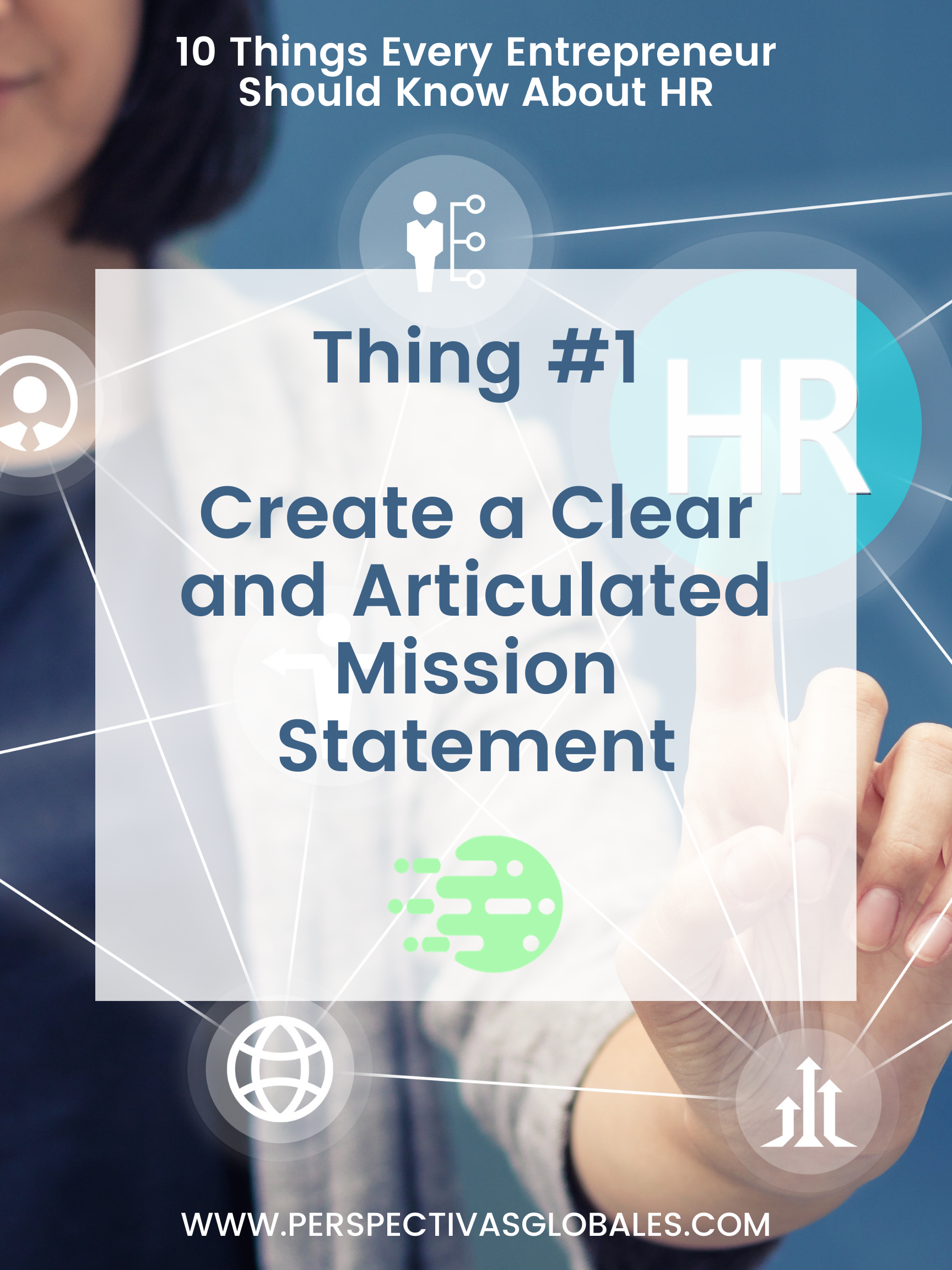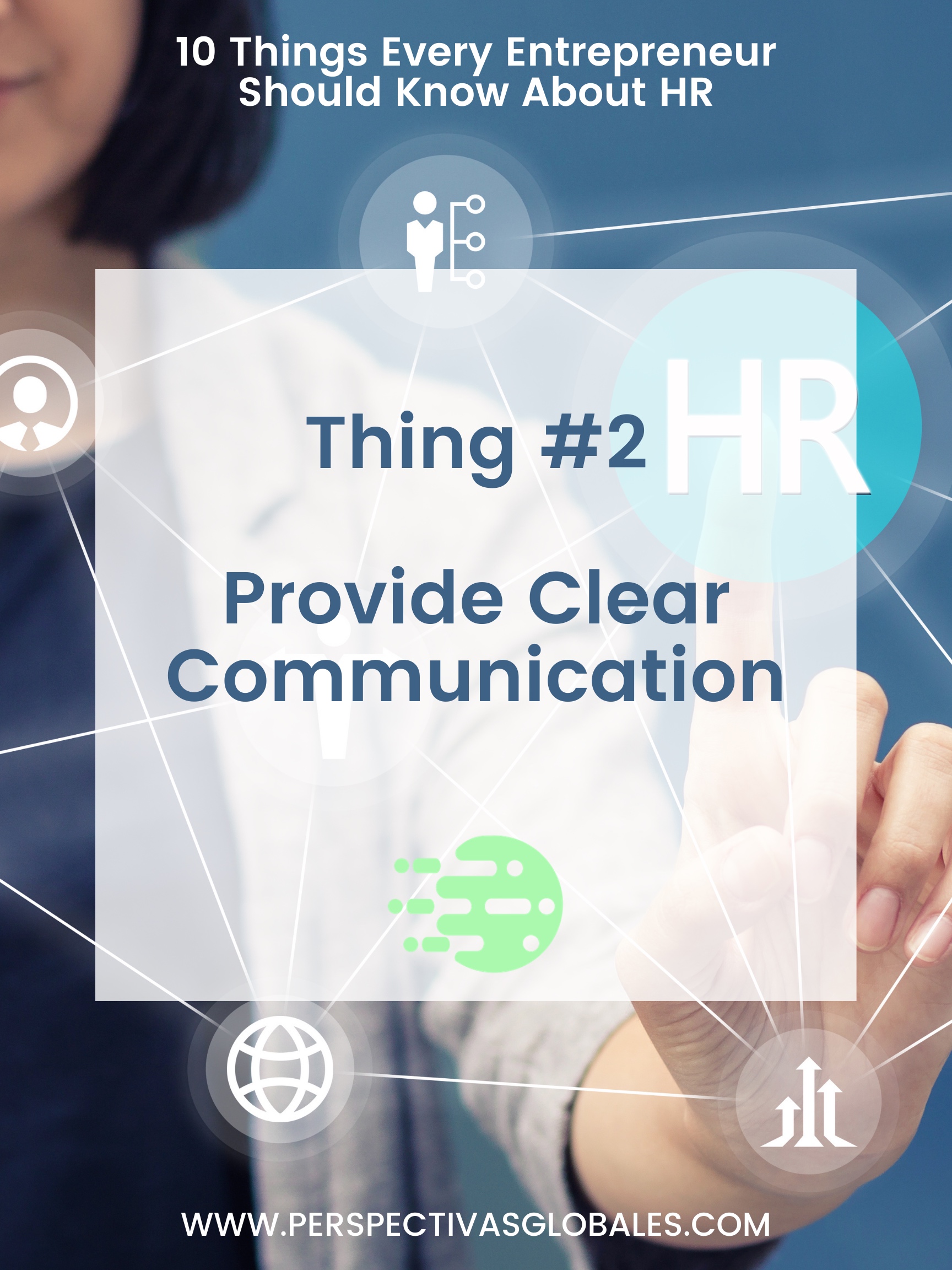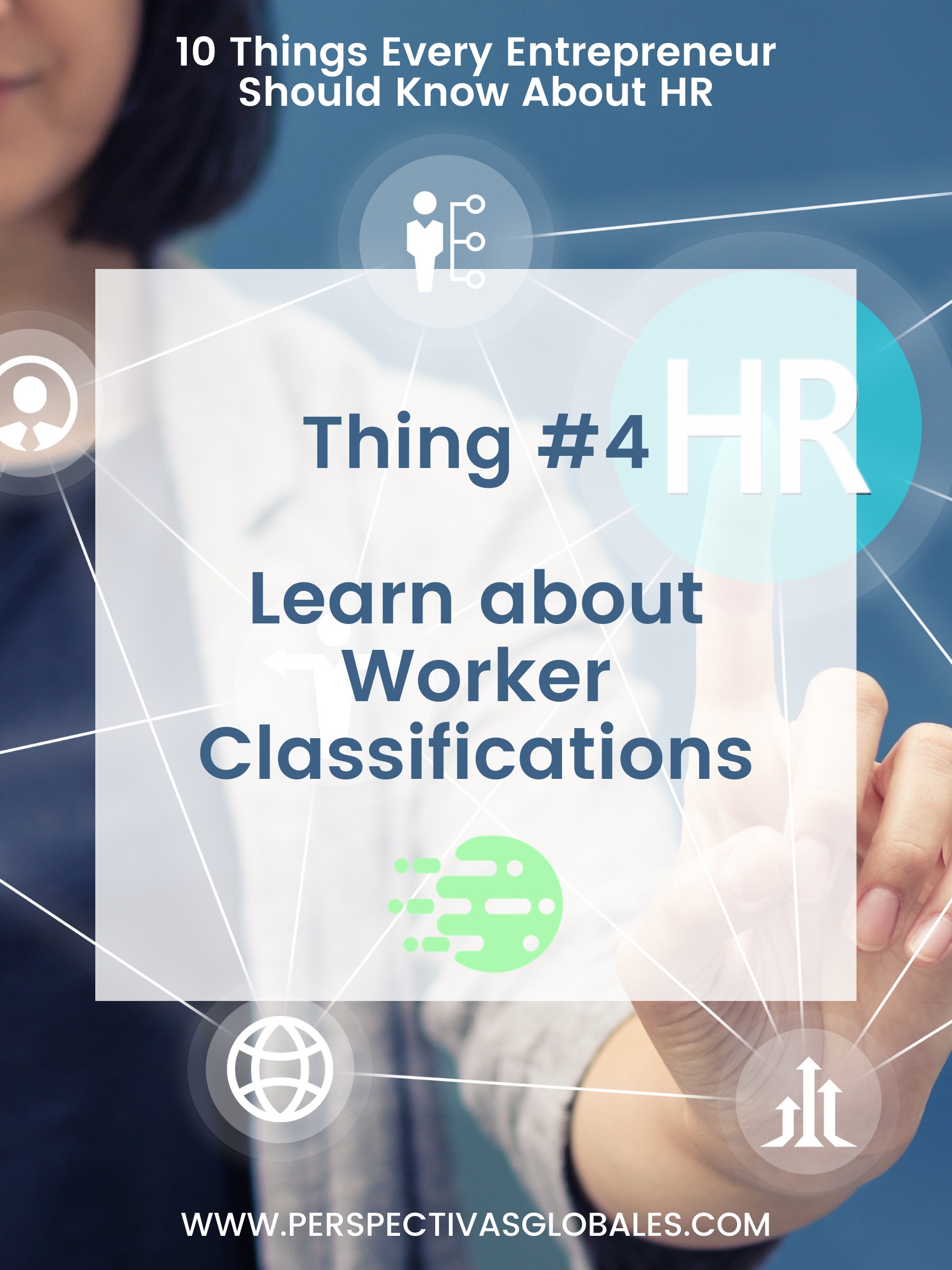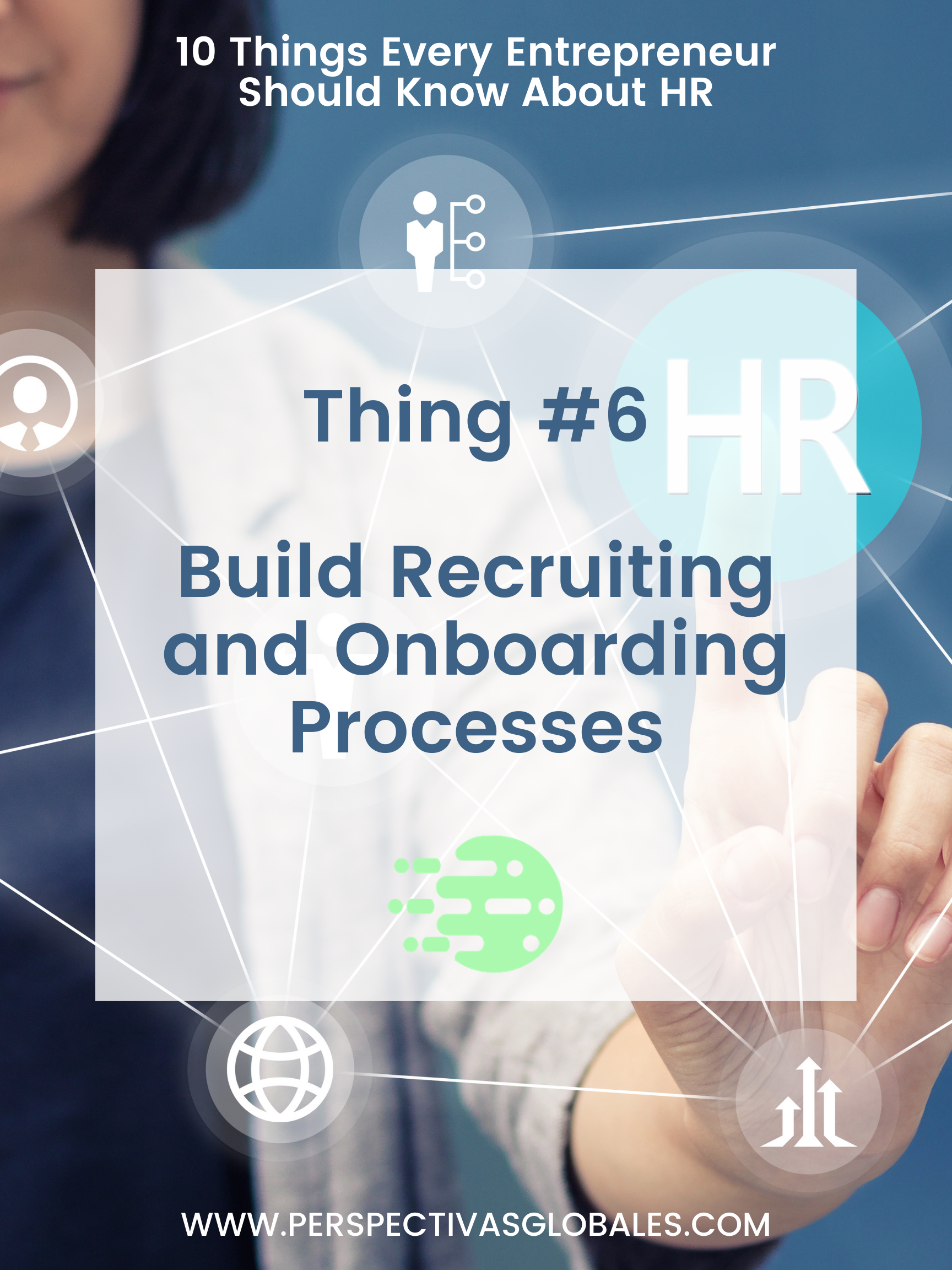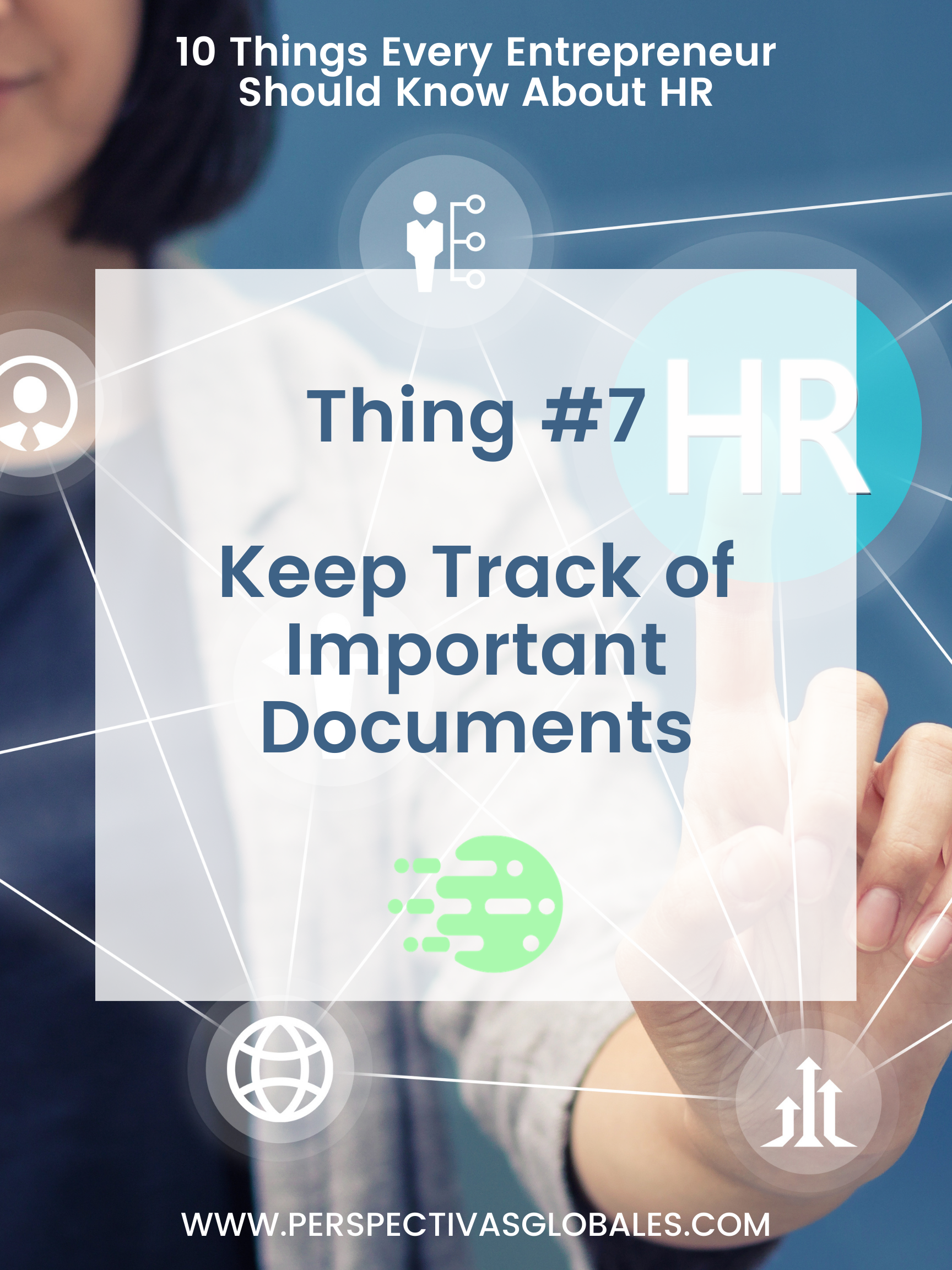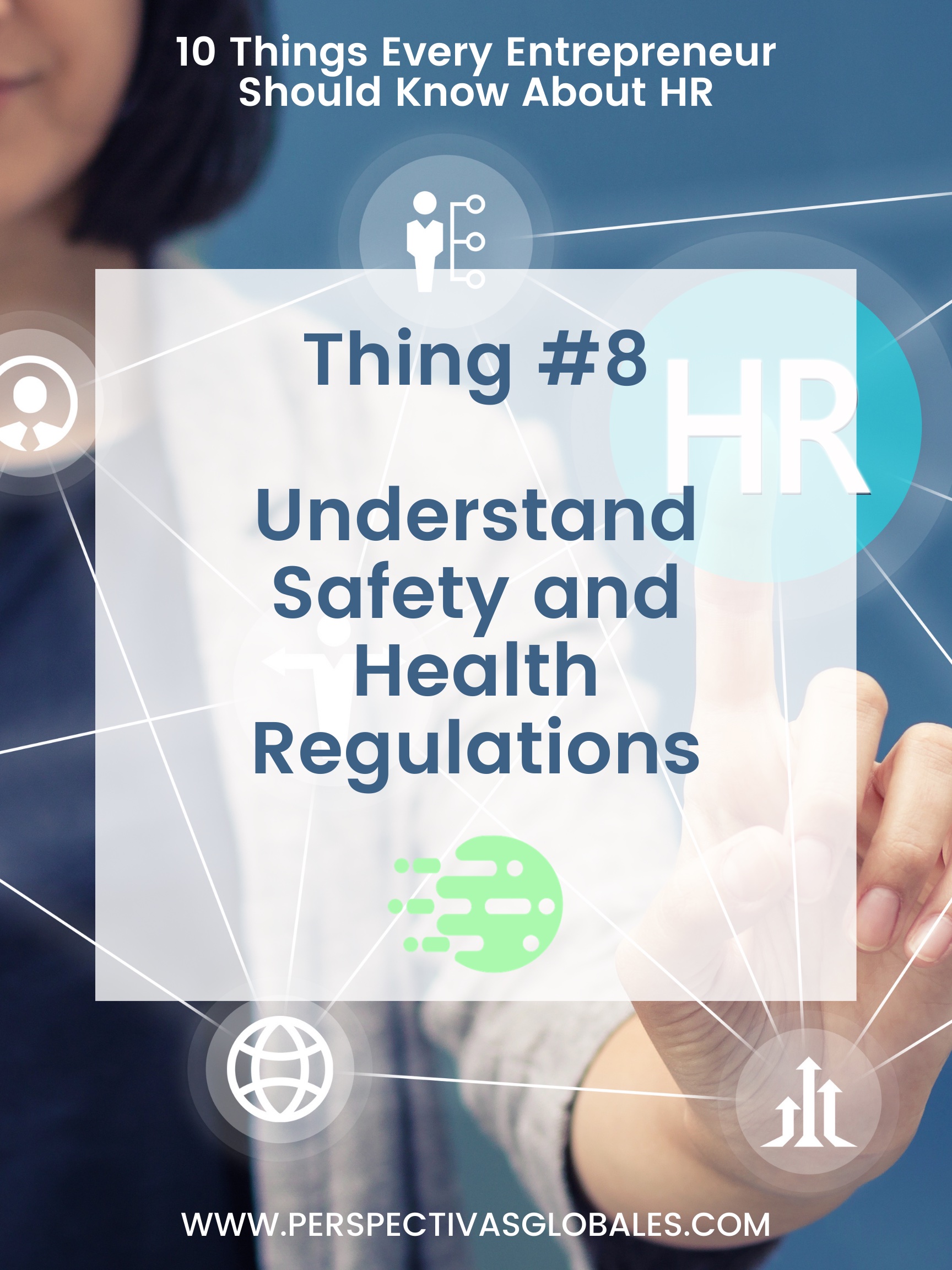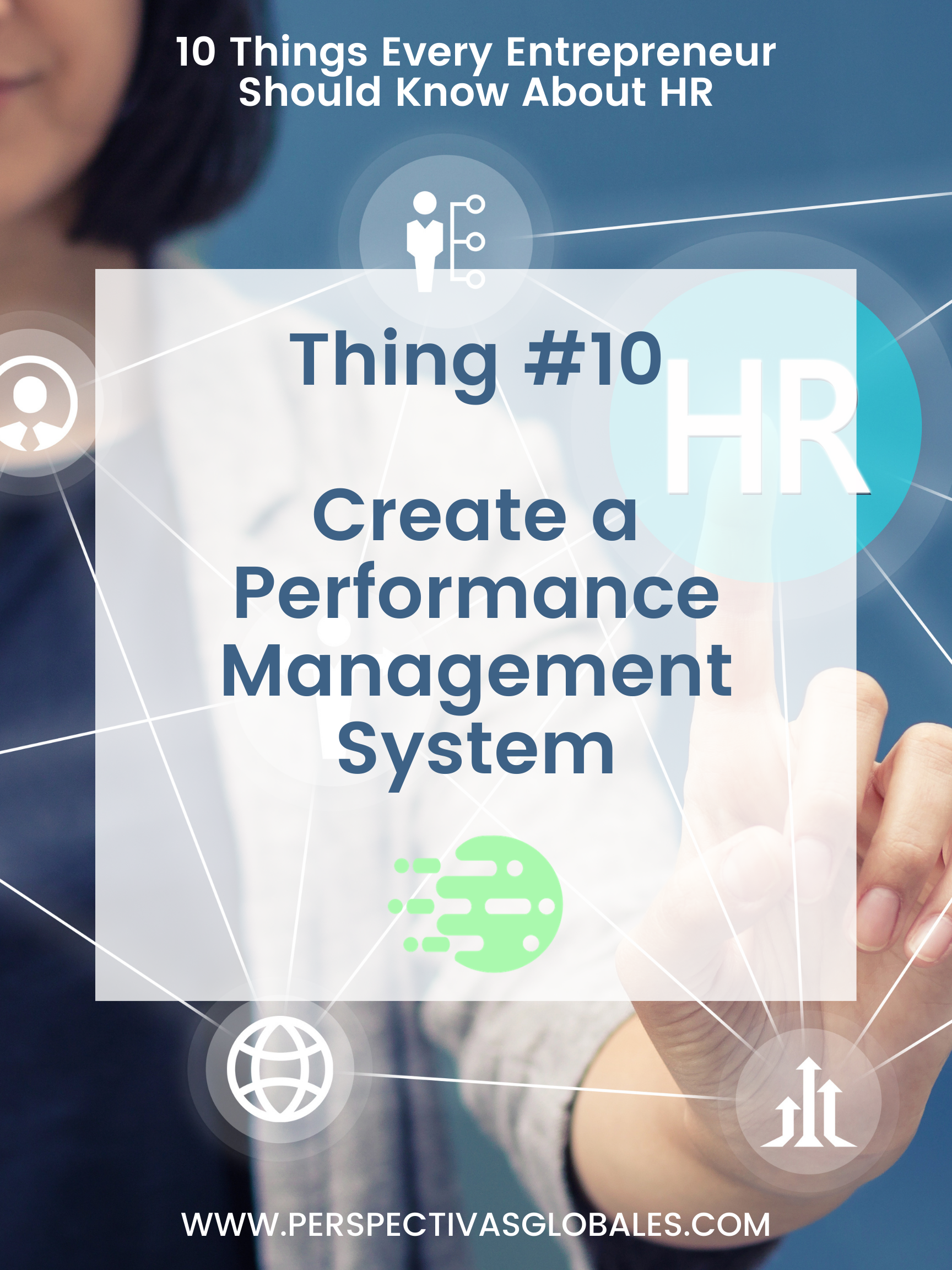10 Things Every Entrepreneur Should Know About HR
April 30, 2021 – Kelsia Melendez & Aleanis Ramos
For any entrepreneur that has employees or hopes to hire employees in the future, this article is a must-read for you! Human resources (HR) is a critical part of every successful business and a necessity to protect and organize company practices. People are in the core of every business in the world, and having the right tools to start managing your people operations is at the tip of your fingers. Here are the 10 things every entrepreneur should know about HR:
1. Create a Clear and Articulated Mission Statement
What is the ultimate goal you have for your company? I am sure this is a loaded question for every budding entrepreneur, however, it is essential that you be able to provide this answer succinctly. Not only do mission statements define what your company is to your customers, they also define values and goals for current and future employees to stand by.
A clearly defined mission statement encourages hard work and can help retain the motivation that your workforce (whether it be just you or 500+ employees) needs when facing the ups and downs that every company faces. What makes your company stand out? Create a clear message that shows your employees why they should work for you, rather than somewhere else. In the case of Apple, their mission statement is “to bring the best user experience to its customers through its innovative hardware, software, and services.” An applicant that values technological innovation is likely to be attracted by this statement and apply! Entrepreneurs should aspire the same.
2. Provide Clear Communication
Stress and confusion can be detrimental to productivity. Provide your employees with open, transparent lines of communication to show that you value their time and effort by giving them the information they need to produce quality work.
Involving your workforce in conversations about the company or by simply keeping staff informed of goals and changes can help keep everyone on board as your company develops. Of course, there is such a thing as too much information. Try not to overload your employees with detailed reports of any little thing going on. Information overload can create more confusion and stress.
3. Employee Handbooks are Actually Very Useful
Company culture can be unique and complex. Creating an employee handbook as a guide for your employees on company policies and procedures so that everyone can stay on the same page can save you loads of headaches.
Your employee handbook can be short and sweet or long and detailed. Feel free to include whatever policies you would like, such as dress code or vacation day procedures, as long as they are legal. Make sure to include the following in your handbook:
- Harassment and discrimination clauses
- Schedules
- Benefits
- Attendance policies
- Sick days
- Disaster and evacuation policies
4. Learn about Worker Classifications
What is the difference between employees and contractors? What benefits do nonexempt employees receive versus exempt employees? If you are not sure of the differences yet, it is time to learn. Benefits, tax laws and liabilities vary by type of employee so be aware of different worker classifications.
An employee works for an employer with a defined schedule and location to perform their work. An employee generally uses company equipment and is paid either by the hour or with a salary. Contractors, however, can perform work for more than a single company at a time. They are typically paid per job and have more flexibility in designing their schedules.
Employees that are classified as exempt are not held to some rules defined by the Fair Labor Standards Act (FLSA). Nonexempt employees have protections for topics such as overtime, minimum wage, and more in accordance with the FLSA.
5. Develop Hiring Practices
While it may be tempting, do not make the mistake of hiring the first candidate you like. Poor hiring decisions can be very expensive! According to the Department of Labor, the cost of a bad hire can add up to as much as 30% of that employee’s earnings in the first year.
Focus on creating a job description that clearly defines the expectations for the position. Afterwards, design an interview process to test each candidate for knowledge, skills and attitude that fit within the job role and company culture.
6. Build Recruiting and Onboarding Processes
Interviewing is extremely important, however, it is only a small part of the overall hiring process. When recruiting, consider the position that you are hiring for. Determine who your target candidates are and where would be best to display job postings. Additionally, you will need to prepare the following necessary paperwork:
- Job Description
- Offer Letter
- Payroll Information (including W-4)
- I-9 Employment Verification
- Any Additional Agreements (such as a non-compete)
Set up your new hires to succeed starting on day one. Establish expectations and objectives from the get-go to decrease confusion and stress moving forward. Additionally, maintain an open line of communication and regularly check in with new hires for the first few months of employment while they adjust.
7. Keep Track of Important Documents
Documentation is very important and can help protect your company so make sure to create an organized system to keep track of important documents either electronically or in a paper filing system, but be sure to keep access restricted and the documents heavily restricted. Examples of important documentation include:
- The I-9
- The W-4
- Payroll Information (routing numbers, wage rates, etc.)
- Employee General File (emergency contact, address, etc.)
- Performance Reviews

